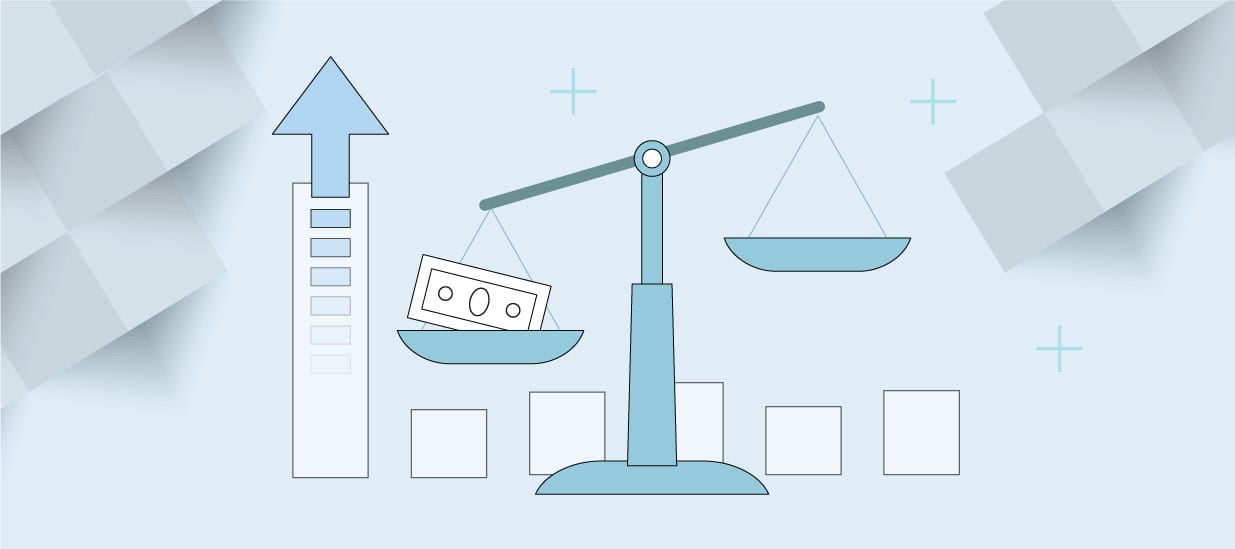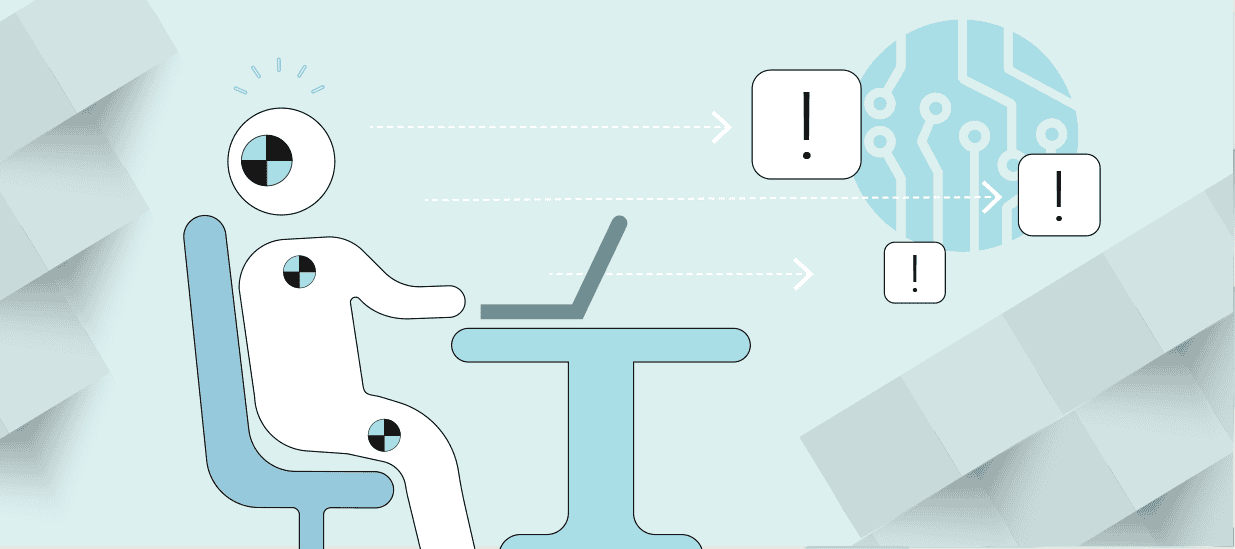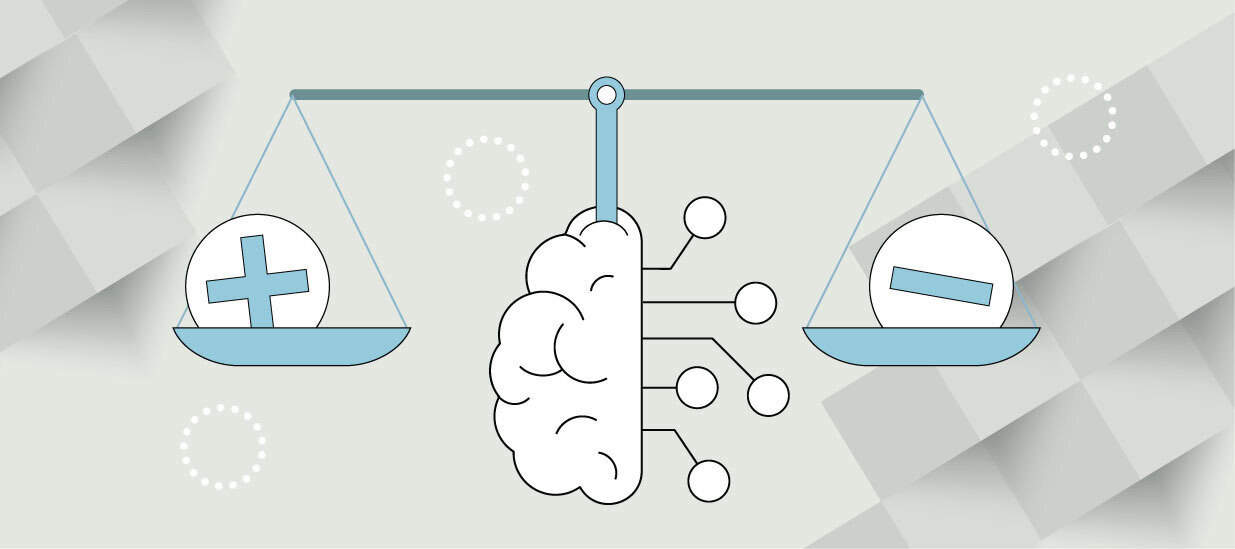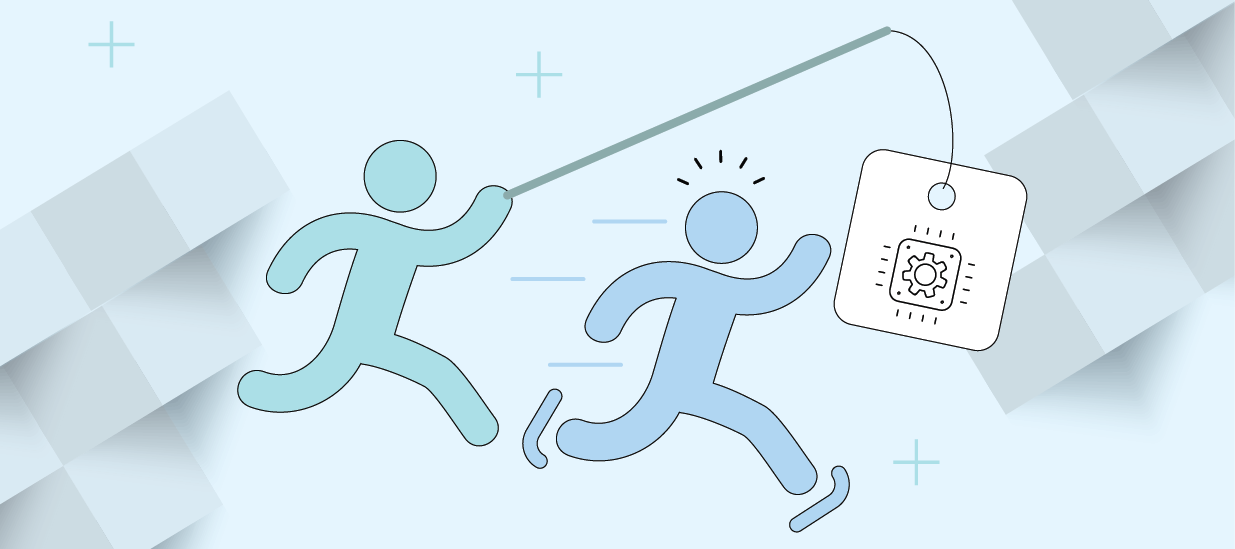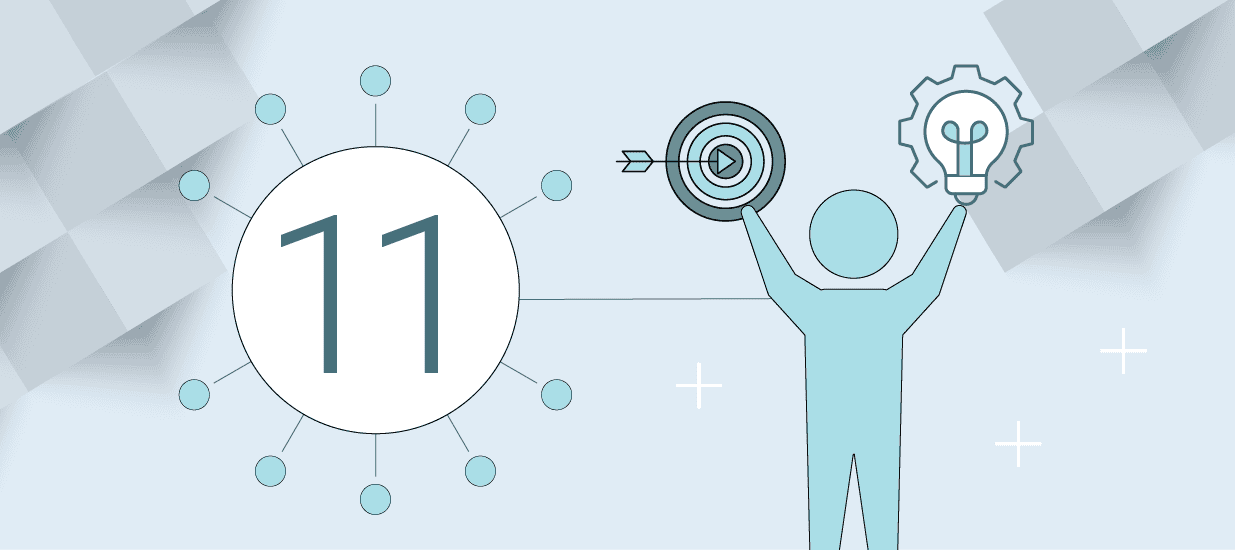5 minute read
Is surge pricing fair? Can pricing strategies create long lasting problems for companies? This article discusses the concept of surge pricing and fairness.
When the New York Times article titled “Why Surge Prices Make Us So Mad: What Springsteen, Home Depot and a Nobel Winner Know,” was originally published, the idea of surge pricing was a relatively new concept. Now, surge pricing, also known by names like peak pricing and demand-based pricing, is a lot more common, but it still raises plenty of questions, concerns and sometimes outrage.
Wendy’s faced immediate and harsh backlash when they said they were going to test menus that allowed them to change pricing throughout the day. They quickly rolled back the statement and claimed that they never intended to use surge food pricing, but they were already guilty in the court of public opinion. On the other hand, consumers are used to surge pricing in other circumstances, like when their Lyft or Uber costs more during times of high demand.
What makes one okay and the other spark outrage? In this article we’re going to look at surge pricing and why consumers accept it under some circumstances and not others.
What is Surge Pricing
Surge pricing is the practice of changing the price of goods or services based on how much demand and supply there is at any given moment. When the supply is lower, and the demand is higher, the price goes up. When the supply is higher, and the demand is lower, the price goes down. The most relatable example of this is when you order a Lyft or Uber in the afternoon on a weekday versus outside of a venue right after an event. The price of the ride from the venue will be higher because many people are trying to get rides from the available drivers.
You may see surge pricing called peak pricing, demand-based pricing, time-sensitive pricing or real-time pricing.
Surge Pricing versus Dynamic Pricing
The terms ‘surge pricing’ and ‘dynamic pricing’ may sometimes be used interchangeably, but this isn’t technically correct. Surge pricing is a type of dynamic pricing, but they have distinct differences.
Surge pricing: A pricing strategy where prices increase temporarily during periods of high demand or limited supply.
Key features: Surge pricing is directly tied to short-term fluctuations in demand, such as spikes in demand during events or rush hour. It is also typically a price hike during times of high demand and a return to a standard price afterward, not a reduction of price during low demand.
Dynamic pricing: A broader pricing strategy where prices fluctuate based on various factors, including demand, competition, time of day, inventory levels and customer behavior.
Key features: Dynamic pricing can be proactive or reactive, and it’s often driven by algorithms analyzing multiple variables over time. It isn’t limited to sudden spikes in demand and prices can go up or down.
Is Surge Pricing Fair
Richard Thaler won the 2017 Nobel Prize in Economics for his work in behavioral economics. He co-authored the book “Nudge”, a book about making better decisions regarding money, health and life in general. He also appeared in the film “The Big Short” which was about the 2008 financial crisis, giving him quite an unusual and impressive resume for an economist. His work in behavioral economics has much to say about ethics in economics.
In its most simplistic terms, behavioral economics is the study of people systematically making irrational decisions. For example, buyers seem to prefer prices that end in 9, or they might drive across town to save $10 on a $50 item, but wouldn’t drive that far to save $10 on a $500 item. This is truly a fascinating topic.
The previously mentioned article in The New York Times was focused on the public response to surge pricing which allows companies to make more money by selling the same goods or services at higher prices to different people. People do not typically see this practice as a fair practice, especially for some industries. We might accept it more for ride-sharing, considering that each driver is an individual operator of sorts, and the higher rates help provide more drivers during times of high demand. We do not accept that bread should cost more during rush hour as people make their way home from work and need to drop by for a few groceries.
Here is my take:
Fairness is always in the mind of the buyer. As Thaler says, if buyers think you are being unfair, they will penalize you, even if it requires irrational action on their behalf.
In his writings he states: “The cardinal rule of fair behavior is surely that one person should not achieve a gain by simply imposing an equivalent loss on another.”
So it truly comes down to this; when people think something is unfair, they will try to punish the perpetrator. At the bare minimum, they will try to not reward them. For example, before and after a hurricane, stores can increase prices for high-demand products. People still will pay but they will also remember and not frequent that store again. In other words, they will “punish” the store for their unfair behavior.
To quote Thaler, “If you treat people in a way they think is unfair, then it will come back and bite you.”
Instead of thinking about the short term profit that might be gained from some pricing strategies, companies should think about the lifetime value of a customer. As pointed out in the same New York Times article, Home Depot immediately confirmed after Hurricane Irma that as per their policy, no prices would change. They took the long view and considered the lifetime value of their customers. They strengthened their brand further by mobilizing a relief effort by sending 41 semi trucks to Miami shortly after the hurricane. If I lived in Miami, I would show my appreciation by frequenting Home Depot over their competitors for years to come. Heck, I may do that anyway.
Richard Thaler also said, “A good rule of thumb is we shouldn’t impose a set of rules that will create moral outrage, even if that moral outrage seems stupid to economists.” I agree with this 99 percent. Almost all companies should do their best to understand when buyers see their price moves as unfair and avoid them like the plague.
As we’ve discussed, Lyft and Uber are great examples of exceptions to this, but only because they’ve spent a great deal of time explaining why surge pricing works in their unique business model. So, the exception is if you want to take the time, and the proverbial arrows, to educate the market.
But perceptions of fairness can change. Remember how irate you were when the airlines started charging for checked luggage? Are you over it yet? If not, are you still mad that they started charging for meals on a plane?
By the way, we accept surge pricing in other areas of our life without (too much) complaint. Hotel prices skyrocket on Super Bowl weekend. Airplane prices go up as the plane sells out and there are fewer seats left to sell. Scalpers routinely buy tickets to events at face value and resell them at huge markups. We may not like any of these, but we’ve come to accept them and don’t punish the vendor because of them.
The takeaway: Think about fairness before making a price move and recognize a lack of fairness early. If your buyers think your actions are not fair, they may punish you by boycotting your product or company. Either avoid that price move or take the time and energy to educate your market on why it is fair.
One more suggestion for you: Behavioral economics is fun, interesting and results in many suggestions for what we often call the psychological aspects of pricing. However, you have to understand the true value first. Master value-based pricing, then move into the world of psychology.
Learn more about pricing:
Ethical Pricing Strategies (With Examples)
Author
-

Mark Stiving, a renowned Author, Speaker, and Pricing Expert with 41 years of experience, has made impactful contributions at various companies, including ONEAC, Advantest, LTX Corporation, Pragmatic Institute, and Impact Pricing. Widely recognized for his expertise in uncovering hidden value and maximizing profits, Mark has become a sought-after figure in the industry. For questions or inquiries, please contact [email protected].
View all posts

